{This post may contain affiliate links. This means we may make a small commission at no extra cost to you. This website is a participant in the Amazon Services LLC Associates Program. As an Amazon Associate we earn from qualifying purchases. We only recommend products that we believe will be of value to our followers. Click HERE to see our disclosure for details.}
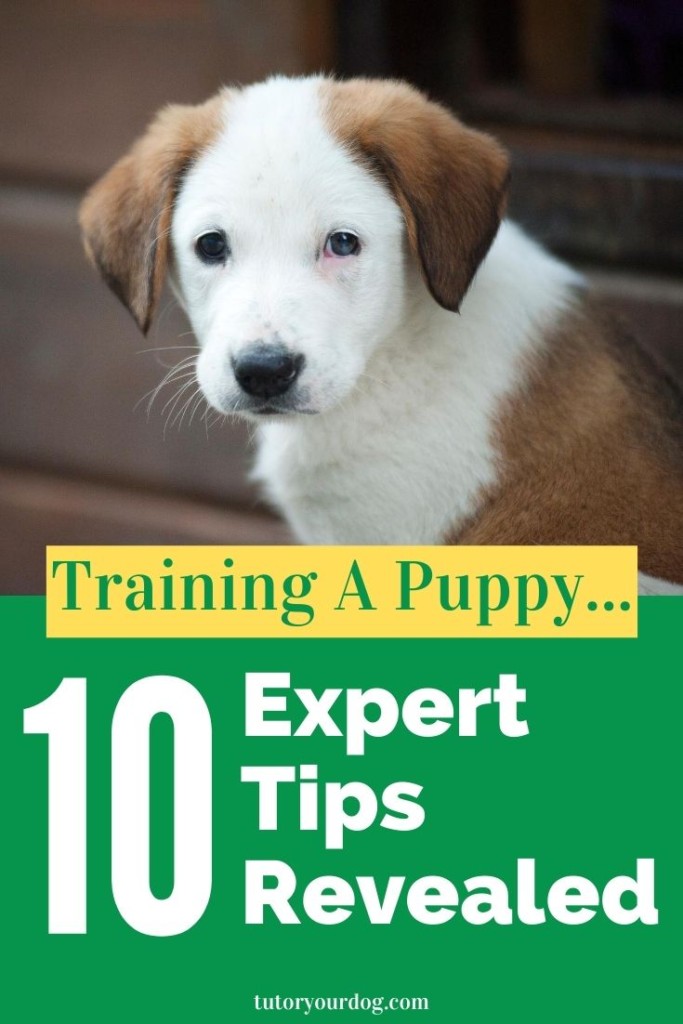
Training a puppy is much like training an adult dog in that your new puppy learns by association and repetition. The difference between puppy training and training an adult dog is that it’s important to remember that your puppy has no prior training experience. Puppies are typically softer and more vulnerable than an adult dog. Therefore, puppy training should be approached with caution so you don’t cause long lasting, negative effects.
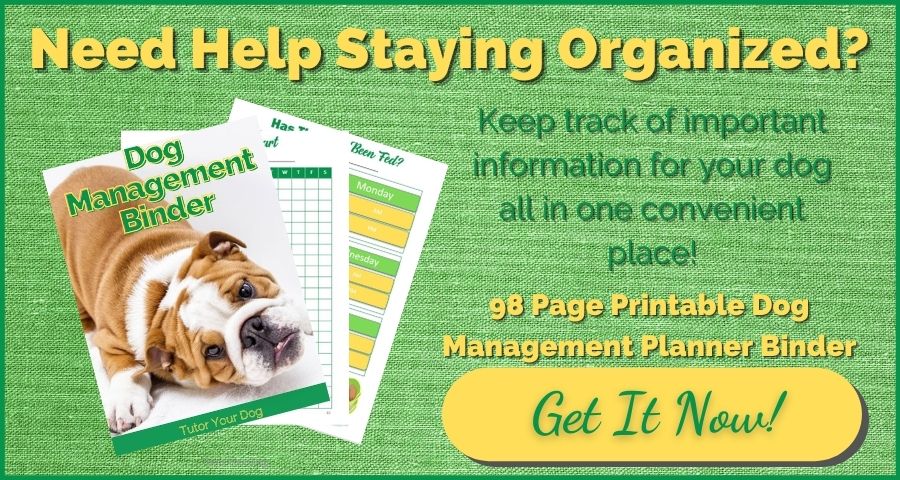
Tips For Training A Puppy
Things To Do:
1. Start your puppy training immediately
As soon as you bring your puppy home you can start your training. The faster you teach your puppy manners the less chance he will have of developing bad habits that can be harder to correct later. Always remember to only allow your puppy to do the things that you are ok with him doing when he grows up. For example, if you have a no dogs on the furniture rule, don’t allow him on the furniture from day 1.
Click on the images below to check out our favorite puppy training books on Amazon.



2. Get a complete veterinary exam
Every puppy should have a complete veterinary exam to make sure that they are healthy. Having a healthy puppy is important for training.
3. Limit unsupervised freedom
Puppies need to learn the rules of the house. Supervising your puppy at all times means that you can teach him what to do and what not to do. It also makes house training much easier because you can watch for the signs that your dog needs a potty break before an accident happens.
4. Equip yourself with toys, bowls, bedding and a dog crate
There are certain supplies that every puppy needs. Make sure that you have durable toys, food and water bowls, a durable bed and a size appropriate crate.
Click on the images below to check out puppy supplies on Amazon.




5. Set limits, both behavioral and physical
Make sure that your puppy learns where he can and cannot go right from the beginning. He must also learn proper manners and what is acceptable behavior and what is not. Teaching these things from the start is very important.
Things Not To Do:
6. Ask your friends and neighbors for training tips
Unless your neighbor is a professional dog trainer or has years experience training and competing with dogs, don’t take training tips. It is important to train your puppy with the proper techniques and to do this you need to learn from someone who knows exactly what they are doing.
7. Leave your puppy unconfined and unsupervised (not even for a minute)
An unconfined and unsupervised puppy can quickly get himself in to trouble. He could destroy something, ingest something dangerous or have an accident on the floor. When you can’t supervise your puppy, the safest place for him is in his crate.
8. Allow your puppy to mouth your hands or clothing
Although, mouthing in the puppy phase may seem cute and harmless, if it’s not corrected at an early age it can get worse as the puppy gets older.
9. Avoid socialization due to unrealistic fear of health issues
Socialization is a very important and a critical part of properly raising a puppy. It’s important to introduce your puppy to lots of different people and friendly dogs and pets. Taking him to dog friendly stores and dog friendly locations to expose him to different sights and sounds will help him be a well adjusted dog as he grows up. Getting him out lots is great, although you should wait until the puppy has had his second set of vaccinations to allow him around other dogs unless you know that the other dogs are vaccinated.
10. Allow family and friends to suffocate your puppy with attention
Too much attention from family and friends can be overwhelming for a little puppy. Make sure that anyone who meets your puppy knows how to properly interact with him. They need to know to give him his space when he wants it.
A Few Things To Remember When Training A Puppy…
Supervise, Obeserve & Bond
Success in puppy training depends on many factors, however, one of the most important factors is to supervise, observe and bond with your puppy. Don’t bring your new puppy home, stick him in the garage and go out to dinner with friends. Bring your puppy home on a Friday or Saturday so you have the weekend to get him settled. You’re just asking for trouble if you don’t plan ahead for your puppy’s introduction to his new environment.
Create An Environment To Encourage Good Choices
Remember that although your life will change dramatically when bringing a new puppy into your home, you should create an environment that will be conducive to good choice making for your puppy right from the start. Don’t allow your puppy to get away with things because you think he’s too young and sensitive to handle limits or rules. Dogs have been making appropriate adaptations to changing environments for thousands of years so, your puppy will adapt too.
Condition Your Puppy To Adapt
Puppy training should condition your puppy to adapt to your environment. It should not teach him that you will adapt to his every whim. Be kind, yet firm. Be understanding of his needs, fears and desires, but don’t allow him to rule the roost. Every year, thousands of puppies are taken to shelters because their owners failed to do the right thing with their new puppies. This could have been avoided by the family being better prepared for a puppy and setting rules and limits from the first day the puppy was brought in to the home.
Remember That Dogs Are Not Humans
Don’t look at your new puppy as anything but a dog. Granted, he’s a young dog, but a dog nonetheless. Dogs are not humans and have different needs than a human. Accept the fact that your life will be different in many ways after bringing your puppy home but don’t create an environment that teaches your puppy that he’s the boss. Puppy training is a full time job just like raising children so, don’t think that because he’s a dog, you can ignore the realities of the situation. Your puppy needs attention, love and guidace.


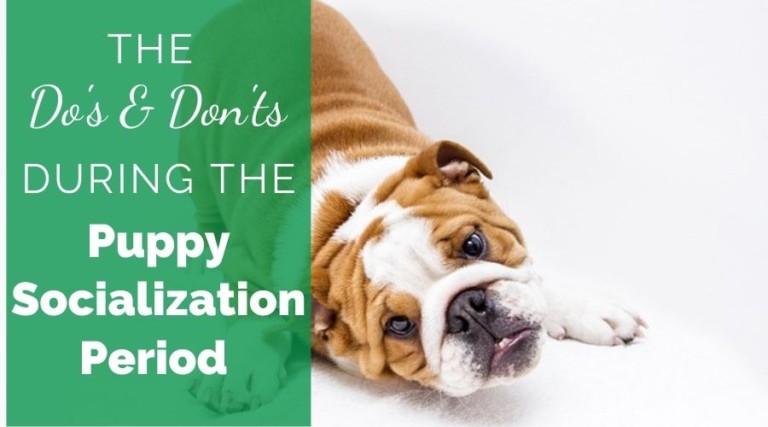
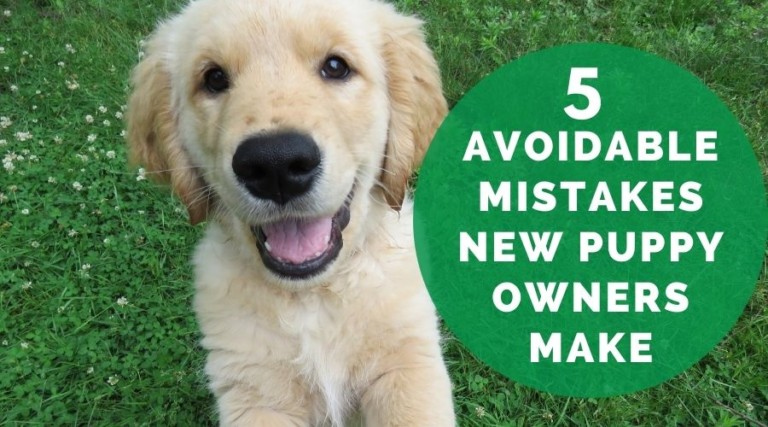
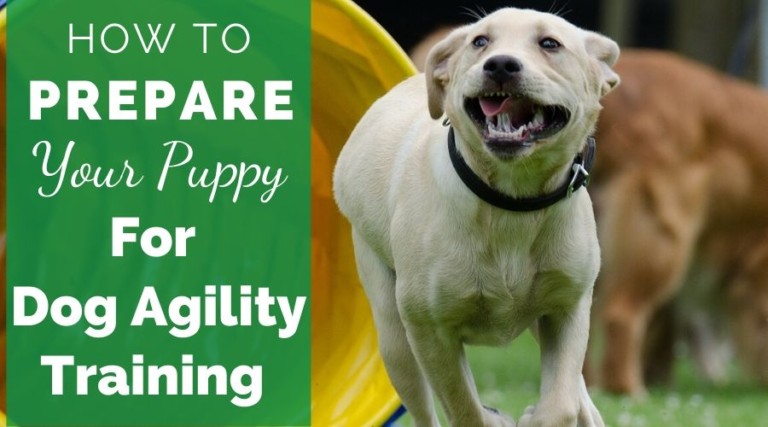
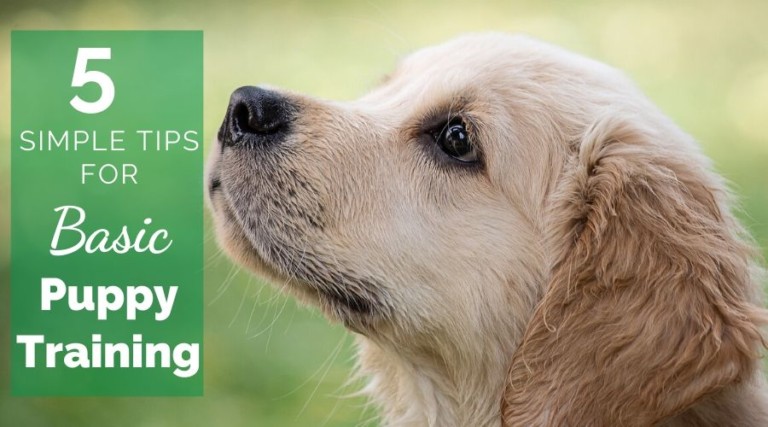
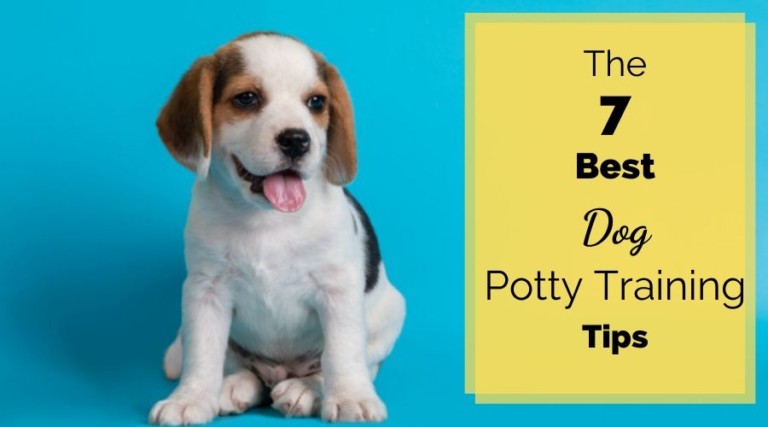
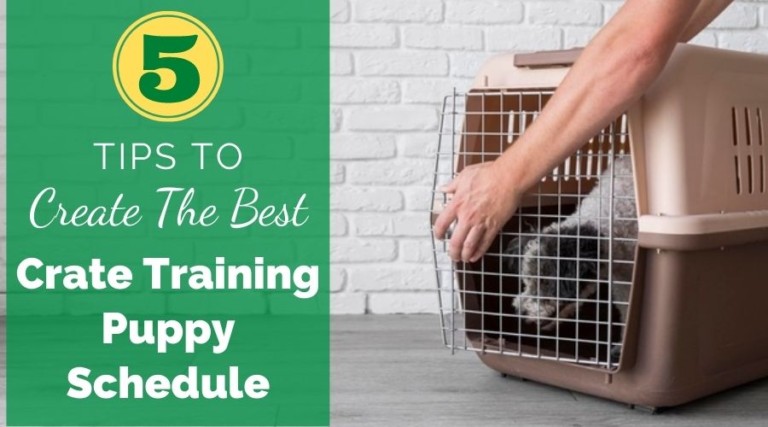
I loved the part of your article that states the importance of bonding and supervising with a new puppy to train them. As someone who really loves animals, I was thinking of being the first person in my family to own a pet dog and wanted to make sure that I train it properly so it doesn’t become aggressive and scare the rest of my relatives. Since I work from home, it’ll be a lot easier to keep an eye on any dog I get, so I’ll remember your advice while I start looking for any pet training services that can help me further train my dog to be a good little boy.
I’m so glad that you enjoyed the article. Good luck with your new puppy!